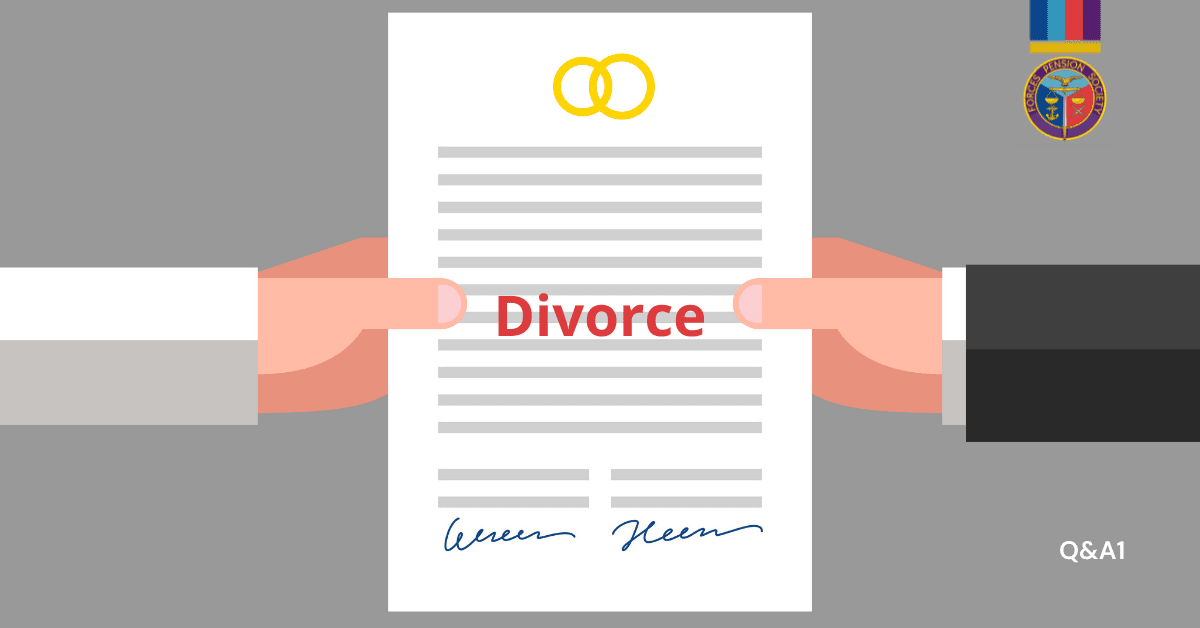
It is a sad fact that a breakdown in some relationships can end up in the dissolution of marriages and civil partnerships.
So, here, we provide the basics about pension sharing on divorce in a simple Q&A format
Let’s start with:
Q. Do pensions have to be shared when a marriage or civil partnership is legally dissolved?
A. No. It is necessary for the couple to divide their ‘matrimonial property’, and pension rights form part of that property but, if the couple can agree a split which does not involve pensions, the court will not normally intervene. If, however, the couple cannot agree, the Court will decide.
Q. Will all of my pension be taken into account?
A. In Scotland the pension component of matrimonial property is limited to that earned or purchased during the marriage or civil partnership. This limit does not apply in the rest of the UK.
Q. Is it just my pension that will be shared?
A. No. All occupational pension benefits of all parties will be taken into account.
Q. So what sort of Order might be made?
A. There are three commonly awarded Orders:
- an Attachment Order (AO) in England, Wales or Northern Ireland;
- an Earmarking Order (EO) in Scotland;
- A Pension Sharing Order (PSO) which is applicable throughout the UK.
Q. And the difference between them?
A. An AO can be for a lump sum and/or periodic payments. Nothing is paid until the pension benefits are payable to the member and they stop when the member dies. The tax liability for these payments remains with the member. The EO provides the ex-spouse with a share of the member’s pension lump sum when it becomes payable. Both Orders can be revisited and varied. PSOs provide a clean break settlement and cannot normally be revisited once implemented. The tax liability for the share paid to the ‘ex’ falls to the ‘ex’.
Read Part 2 in this series




